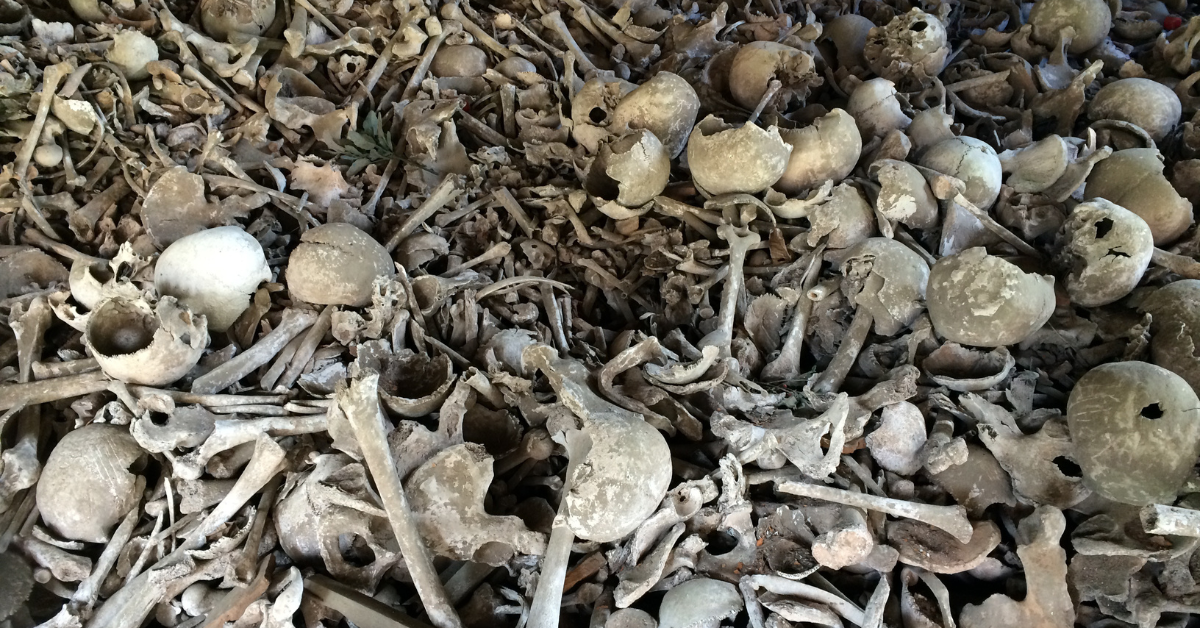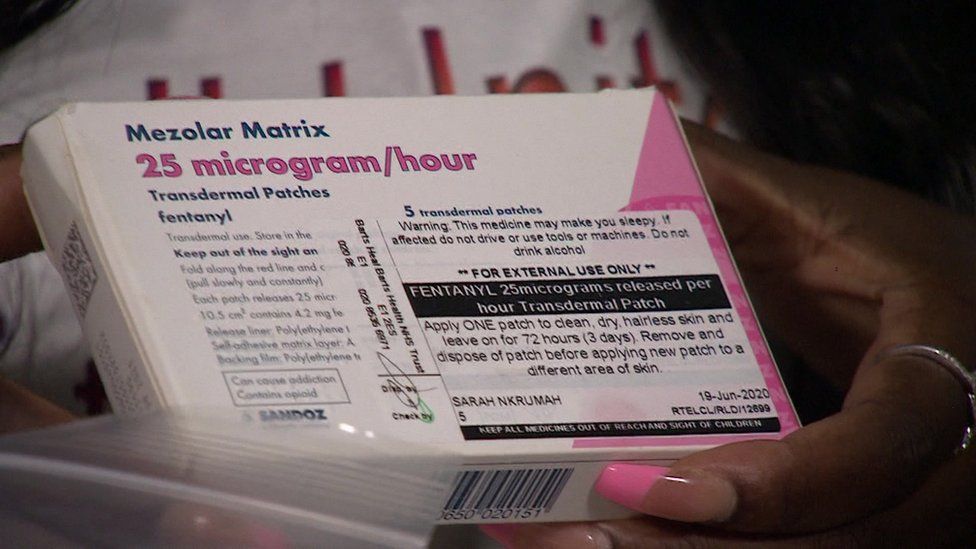Emena at Risk of Health Implications Following Destruction of Cemetery, Warns Pathologist

Prof Dr Osei Sampene, a pathologist at the Komfo Anokye Teaching Hospital, has indicated that the residents of Emena in the Oforikrom Municipality of the Ashanti Region may be at risk of health implications following the destruction of their cemetery by a developer.
He explains that there are two methods of grave digging: scientific and professional exhumation, and the illegal practice of grave looting.
“If the scientific method was not followed, the whole environment, including Kumasi, may have been exposed to a serious health issue. There is a risk of air, food, and water pollution,” Prof Sampene stated in an interview on Nkwantannanso with George Adjei on July 10.
According to him, every airborne, bloodborne, and waterborne disease is capable of spreading in the community as a result of the exposure to the corpses.
“It exposes people to tuberculosis, tetanus, HIV, and Covid-19. Any disease that killed the corpse can be spread.”
“People may experience itchy skin, rhinitis, cough, and catarrh, and they must immediately report to the hospital.”
To conduct exhumation, it requires one to inform the court for a judge to give authorization. Then, proceed to the Environmental Protection Agency (EPA), who will ask a hospital to provide a certified pathologist.
He recalled his experience in exhumation as a pathologist who was employed as a consultant for the construction of a road.
“During the construction of Asuyeboah double road, there was a cemetery, and 1000 bodies were involved. The Chinese who were working on the site followed the steps. There were 1000 bodies.”
“It should be done in a dignified manner. You may have to do DNA testing to return bodies to the families. Ashantis have royal cemeteries, for instance, and you can’t just exhume. Some families may not be concerned with the bodies, and in such cases, we send them to mass graves.”
He further noted that exhumation must be done hygienically to prevent the pollution of air and water bodies.
“The timing of the process is also crucial. It is better to conduct it before 6 am. 3 am to 4 am is suitable because there won’t be houseflies, which spread infectious diseases,” he added.
Emena is currently experiencing escalating tension following the destruction of its community cemetery by a developer. The residents believe that their graveyard has been desecrated.
Story by Adwoa S. Danso








